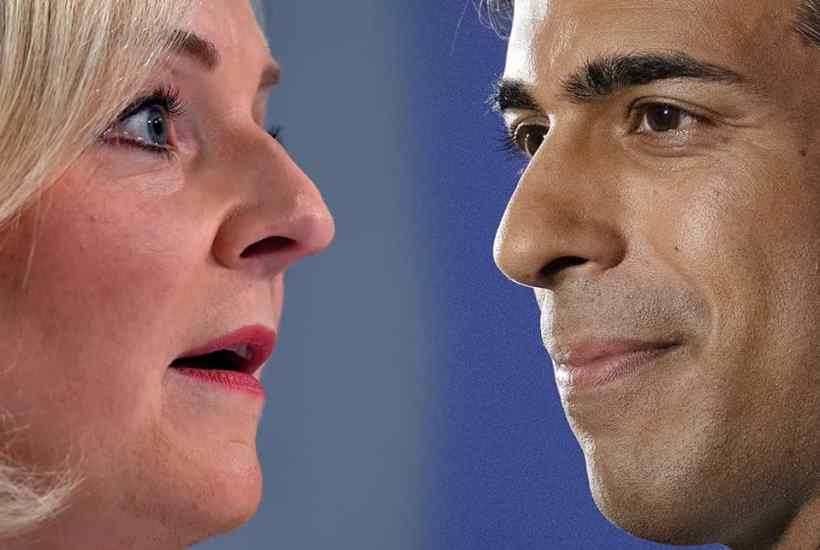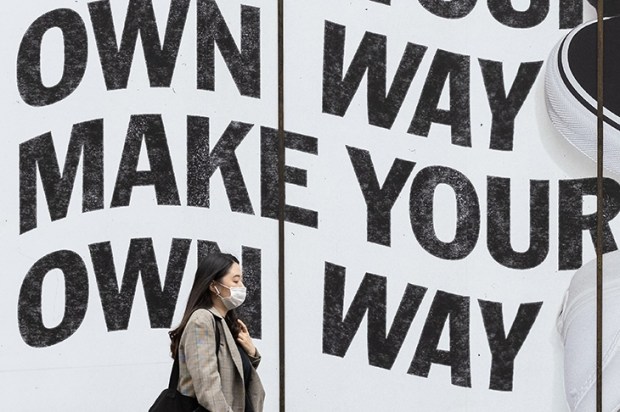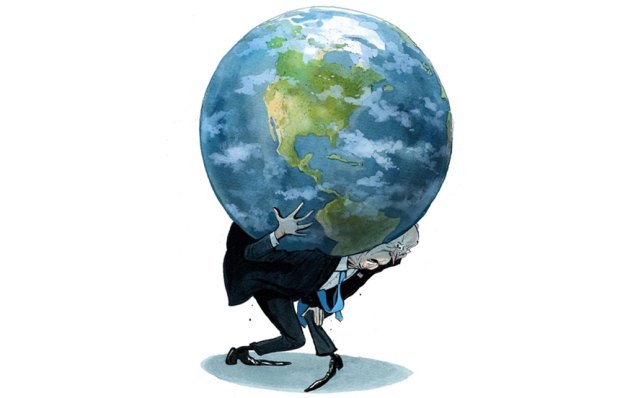In theory, the Conservative leadership contest could have stretched to the autumn, but the 1922 Committee and CCHQ decided to crunch the timetable due to the sheer number of crises facing the country. So Tory MPs had only a fortnight to choose the final two candidates, which did perhaps change the course of the race. Given the support that Kemi Badenoch managed to raise in a short period, it is not hard to imagine her being in the last two if she had been given more time to make her case.
A longer contest would also have allowed the Tories more time to think about what changes they need to make if they are to win a fifth term. But for all the problems posed by a short competition, the essential logic of that judgment holds. The problems facing the incoming PM have, if anything, got worse since the leadership race started. It would be untenable for the UK to still have a caretaker government in September.
Take the energy crisis. Vladimir Putin’s agenda is simple: to prevent Germany’s gas-storage facilities being filled up during the summer months so Europe will be vulnerable during the winter. The UK takes less Russian gas than most European countries (5 per cent compared with 40 per cent), but as Moscow weaponises energy supplies, the resulting inflation and economic slowdown will affect this country.
The heatwaves striking Europe are also leading to higher energy usage. The outgoing Italian Prime Minister Mario Draghi asked back in April: ‘Do you want air conditioning or peace?’ In the heat, Italians picked air conditioning. Europe’s continued energy dependence on Russia will make peace on terms acceptable to Ukraine more difficult to achieve. At the same time, the French nuclear reactors have been hit with problems: about half of them are offline. France is now producing its lowest amount of nuclear power so far this century.
Such issues are being worsened by grid problems. Within the EU, it is hard to find ways to move gas imported from North Africa into Spain across the continent, while in the UK grid congestion can make it difficult to transport the power generated by wind farms in Scotland around the country. Energy expert Javier Blas revealed this week that on 20 July London came close to a blackout and that the UK had, albeit briefly, paid £9,724 per megawatt hour to import electricity from Belgium – 50 times higher than the typical price and more than four times the previous record. Such spikes are likely to become more common.
Britain is still lumbered with the energy price cap mechanism introduced under David Cameron. This means that shortly before the new PM takes office, Ofgem will announce the October rise: it’s expected to be about £3,240, a 60 per cent increase on today’s levels and 150 per cent higher than where things were a year ago. This will be felt across the country. The new resident of No. 10 will have to decide whether to soften this blow with more compensatory payouts (all households should by now have received at least £400).
The invasion of Ukraine is perhaps the principal reason energy prices are so high. British policy towards Ukraine won’t change, no matter who wins. It will, though, become harder to hold together the western alliance as Putin continues to use energy to hold Europe to ransom. The coming Italian elections are unlikely to make things better. The invasion is also one of the factors behind the rise in global food prices. So inflation will remain high, squeezing living standards. The Bank of England expects inflation to remain above 6 per cent this time next year.
High inflation makes nearly everybody poorer. It will also lead to industrial action as public sector unions demand pay settlements that allow their members to keep pace with inflation (or the average 7 per cent pay rise being seen in the private sector).
One of the other contributions to inflation is the dislocation caused by Covid. It is not only global supply chains that have not yet recovered from the pandemic – the NHS hasn’t either. Waiting lists are still growing, and it is very hard to see how the Tories can win an election if these lists are approaching ten million by 2024.
The worry for the incoming prime minister will be that the NHS is struggling day-to-day as well. The West Midlands ambulance service, for example, is expected to spend 48,000 hours waiting to hand over patients this month. Mark Docherty, its director of nursing, has warned that patients are dying needlessly every day and that service may break down next month.
The Covid lockdowns were driven in part by Tory fears of a ‘Black Wednesday’ moment for the NHS. They felt that they could not recover politically from a moment when hospital services were overwhelmed – it would make it too easy for their opponents to simply say ‘you can’t trust the Tories with the NHS’. But the pile-up that has resulted from patients not being treated during lockdown could conspire to bring about a winter crisis on such a scale that the public believes the health service is collapsing.
If such domestic challenges were not enough, there is also the international situation. The ill-handled issue of the potential visit to Taiwan by Nancy Pelosi, speaker of the United States House of Representatives, has made tensions between the US and China over the region much worse. It was foolish to let it be known so long in advance that she might visit, and disastrous to then suggest that she might not go because the US military were worried about her plane being shot down.
The new prime minister will face the most challenging first three months in the job of any PM in recent memory. The first impression he or she makes with the public may well be decisive.
Got something to add? Join the discussion and comment below.
Get 10 issues for just $10
Subscribe to The Spectator Australia today for the next 10 magazine issues, plus full online access, for just $10.
You might disagree with half of it, but you’ll enjoy reading all of it. Try your first month for free, then just $2 a week for the remainder of your first year.















Comments
Don't miss out
Join the conversation with other Spectator Australia readers. Subscribe to leave a comment.
SUBSCRIBEAlready a subscriber? Log in